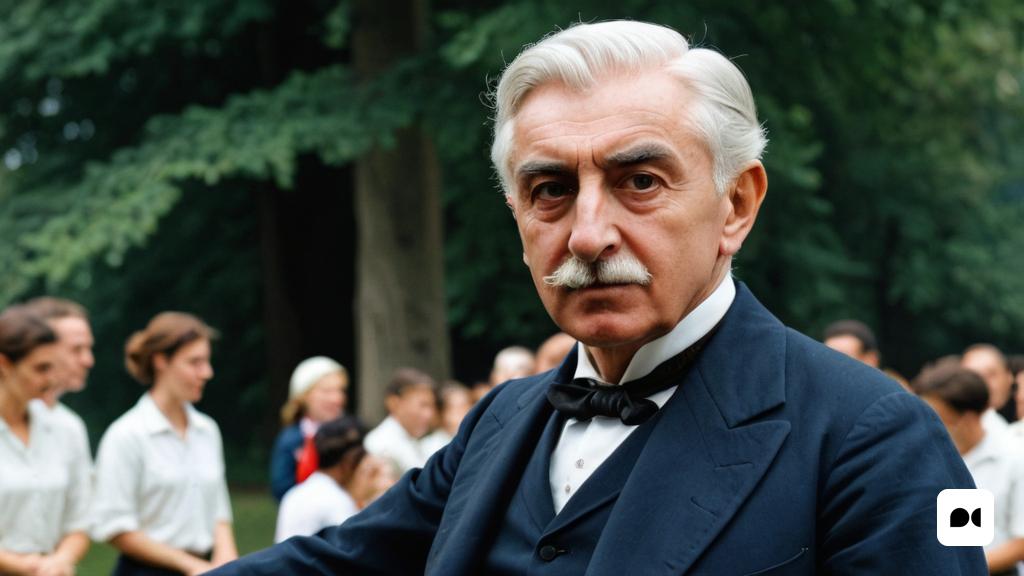A world forged through competition
Pierre de Coubertin, considered the father of the Olympic Games, projected an initiative that not only celebrated sport, but also aspired to revitalize the national character of the French. Although it presented itself as a manifestation of Greek heritage, in fact, its vision was influenced by the physical education prevalent in the British institutes of the Victorian era, true drivers of the hygiene philosophy.
Masculinity and its implications
The defeat of France during the Franco-Prussian War of 1870 left a deep mark on the soul of the country. Coubertin saw in this loss an opportunity to revive male pride, with a conservative stance that rejected the inclusion of women in sport, considering that its main mission was to honor the winners.
An Anglo-Saxon inspired model
After traveling to England to better understand its educational system, Coubertin wrote an article stressing the importance of physical activity as the foundation of well-being. His words warned that if young people abandoned physical exercise in favor of ‘effeminate amusements’, this could mean a grave danger to the freedom and prosperity of the nation.
Sport in totalitarian regimes
In the 20th century, totalitarian regimes, including Nazi Germany and the Soviet Union, used sport as a tool of social ideology. Despite its classical nature, sport became an instrument to impose modern ideology, promoting a vision of total competitiveness.
The intersection between modernity and classicism
Modernity is characterized by a replacement of the old hierarchies by a model of social organization based on rationality. In this new order, the objective is for citizens to become active subjects, capable of serving the State in a context of constant competition against potential threats.
Human rights and sports culture
In this debate between opposing interests, two paradigms emerge. On the one hand, the classic ideal of competitiveness, and on the other, an ideal that defends human rights and individuality. In this sense, the clash between culture and sport is presented as a continuous battle between norms and freedom of expression.
The beauty of the competitor
Meanwhile, sport is based on clear rules that generate tangible pleasure among spectators. In a world where individual convictions are constantly challenged, the recognition of a winner in a competition can offer a sense of security.
The critical view of sport
This begs the question: is sport really an instrument of totalitarian control or can it simply be a form of enjoyment? Philosopher Simon Critchley proposed that sport can offer a space of dream and escapism, and that society does not require complex explanations to enjoy it.
With this vision, the enjoyment of sport can coexist with a critical thinking that challenges its political instrumentalization. This dual perspective allows spectators to enjoy the Olympic Games without losing sight of the mechanisms that may operate beneath their surface.

